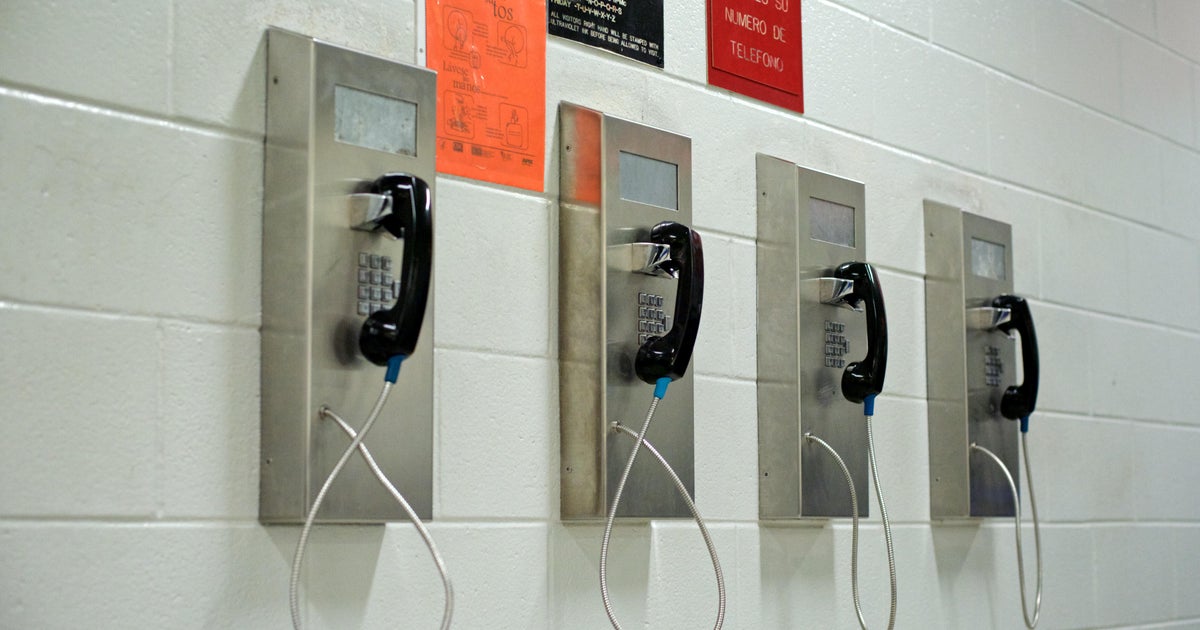Painless Brain Stimulation Technique Offers Relief To Patients With Chronic Pain
NEW YORK (CBSNewYork) -- A new treatment for pain is literally rewiring the brain to address what a patient feels.
Believe it or not, it pulses magnetic waves into the brain.
As CBS2's Dr. Max Gomez reported Thursday, it seems to ease pain without the side effects of powerful drugs.
"I broke my neck skiing in Telluride, Colorado, going on 12 years," patient Nancy Lieberman said.
That accident also injured Lieberman's spinal cord. Over the past dozen years she has made some significant strides.
"First of all, I could barely move my arms more than this, and now I can do this," she said, showing Gomez her improved range of motion.
MORE: Researchers Growing Miniature Human Brains In Search For Pediatric Brain Tumor Treatment
But Lieberman's injury, which resulted in paralysis of her legs and torso, also triggers chronic, intense neuropathic pain, common in about 70 percent of spinal cord patients.
"It feels as though my hands were put in a meat freezer locker with 10,000 needles on top of it sticking into my fingers," Lieberman said.
Dr. Mar Cortes has been working with Lieberman for about seven years, and last August she started administering a painless brain stimulation technique called transcranial magnetic stimulation, or TMS. It's a non-invasive treatment that's been used since 1985 to treat conditions like depression and PTSD.
"What brain stimulation does is to disrupt the part of the brain, the network of the brain that takes care of pain, so it's like you treat the brain to don't feel that pain," said Dr. Cortes, the co-director of the Abilities Research Center at Mount Sinai.
It takes advantage of what's called neuroplasticity, literally disrupting the pain pathways in the brain.
"We do several pulses of TMS up to 2,000, actually, very rapid pulses so that network is disrupted and when the pain comes you just don't feel it," Cortes said.
MORE: What Is A Brain Aneurysm? A Look At "Game Of Thrones" Star Emilia Clarke's Near-Fatal Health Scare
Patients report only a slight tapping sensation. Treatments are administered once a week for about 20 minutes.
"It's the greatest feeling in the world to have relief," Lieberman said.
Treatments cost around $200 per session, and are not yet covered by insurance. Lieberman said her pain scale was a 15 before the treatments, and is nearing 0 now.




